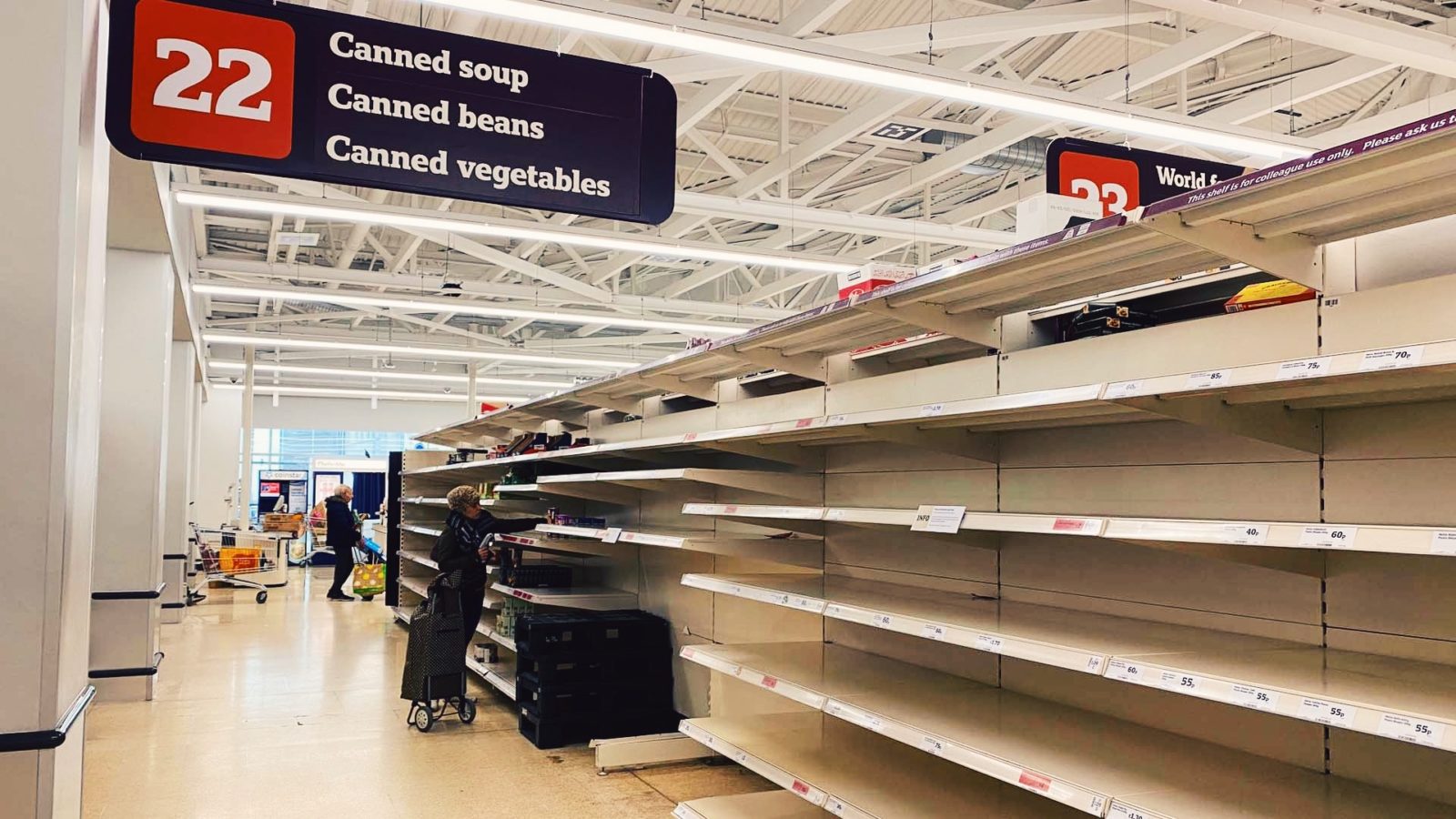When mainstream media networks began forecasting upcoming grocery shortages around Australia due to the COVID-19 Omicron variant, there was a feeling of deja vu. Online comments ranged from, “Here we go again . . .” to “You [the media] are the reason for the shortages!”
Most people now accept that news media outlets had an unintentional part to play in spreading panic about toilet paper shortages in April 2020. The term “self-fulfilling prophecy” comes to mind—a prediction that probably wouldn’t have come true if it weren’t for the prediction being made—and spread—in the first place. These self-fulfilling prophecies create a vicious cycle where should a prediction come true, it says very little about the clairvoyancy of those who made the prediction in the first place.
That idea has certainly changed how many people see “prophecies”. Where once a prophecy—certainly a biblical one—was viewed as untouchable and beyond human intervention, it has now become embedded in our individualistic, post-modern style of thought and is something we believe we control. Anyone can “create” a prophecy now, it seems.
When 2004 Australian Idol finalist Shannon Noll fronted South Australian television sets in a commercial for local retailer, Radio Rentals, he sang, “Anything you want, you got it!” covering Roy Orbison’s posthumous 1989 hit single. Placed in the context of consumerism, it’s certainly a phrase that might excite one to open their wallet; but in a broader context, that mentality says a lot about where our society is placed.
The “law of attraction” is a New Age pseudoscientific theory that literally boils down to those lines Noll sang. According to the self-professed “law”, you can have anything—or anyone—if you want it enough; you just have to manifest it into existence. New Age proponents of the theory also describe how if you achieve this level of self-belief, the “universe” will bestow your wishes to you. However, the law of attraction—just like self-fulfilling prophecies—has one common theme. It’s God-less.
Whether or not you believe in the self-help proponents of the theory—including having confidence to ask for things—the cynical subtext is that one must fend for themselves because no-one is out there to help you.
During His Sermon on the Mount, Jesus inserted God into a void that would otherwise only be occupied by our lonely desires. “Ask and it will be given to you; seek and you will find; knock and the door will be opened to you. For everyone who asks receives; the one who seeks finds; and to the one who knocks, the door will be opened” (Matthew 7:7,8). To take this verse at face value, however, risks misinterpreting prayer as solely transactional—in some sense, portraying God as a salesman or master who rewards those who are faithful and punishes those who aren’t.
That is the risk of reading the verse in isolation. If we read the whole passage, Jesus’ main point reveals itself: “So in everything, do to others what you would have them do to you, for this sums up the Law and the Prophets” (Matthew 7:12). Far from self-centered subtexts found in the law of attraction or a transactional view of prayer, God wants us to experience Him fully by walking in His shoes. “For even the Son of Man did not come to be served, but to serve, and to give His life as a ransom for many” (Mark 10:45). Our lives are more than just about making sure our cupboards are stocked and we have “anything we want”, it’s about the community we can experience with both God and our neighbours. His walk on earth is also a reminder that we are not alone, and “we can say with confidence, ‘The Lord is my helper; I will not be afraid. What can mere mortals do to me?’” (Hebrews 13:6). To live in communion with God is so much more than our wants and desires; God seeks a deep relationship with us in which we grow to understand Him. Such a vital ingredient that many are searching for—sometimes even unknowingly—in this complex modern world, and it all starts by sending a prayer up.






